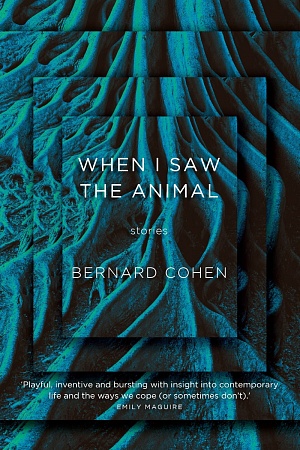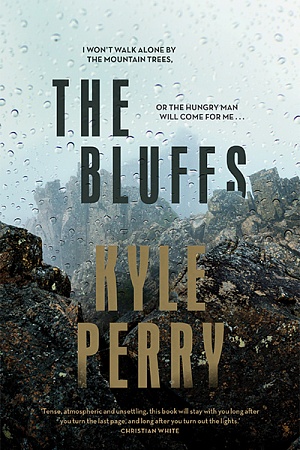Fauna
Allen & Unwin $29.99 pb, 310 pp
Fauna by Donna Mazza
While having a child is an act of hope and joy for many, it is also risky. One can heed expert advice, prepare, even throw money at the endeavour, but there is no guarantee that the creation or nurturing of a child will go as planned.
In Donna Mazza’s Fauna, motherhood is riskier than ever. Set in the near future, the novel explores the impact of experimental genome-editing technologies on individuals, families, and the question of what it means to be human. The protagonist, Stacey, desperate for another child, is recruited by genetics company LifeBLOOD® to carry, birth, and raise a child who is biologically hers and her husband’s, but whose cells have also been blended with Neanderthal DNA. The story follows Stacey as she nurtures a child who is ‘human enough for her’ but never human enough for society.
Unlike Mazza’s first novel, The Albanian (2007) – a work of historical realism – Fauna is speculative fiction. Mazza has clearly researched Neanderthals and de-extinction technologies in writing this novel; her weaving of science into the story is compelling.
Fauna is striking for how it humanises ethical issues present in technological advancements. The novel is above all about family, and about the human cost of granting life within morally opaque parameters – and motherhood is still an underexplored lens through which to write speculative fiction. In this sense, Fauna is reminiscent of recent acclaimed Australian fiction such as Alice Robinson’s The Glad Shout (2019), a cli-fi novel noteworthy for its focus on mothers and children.
Fauna is also topical for its exploration of power and control, especially in the context of women’s bodies. Privacy invasion becomes a strong theme as Stacey and her family grow increasingly aware of LifeBLOOD®’s invasive presence. Vital information is strategically, unethically withheld, and rights are unwittingly signed away.
Fauna is a gripping novel that raises thought-provoking questions. Granted, it falls short on characterisation, with Stacey’s husband and her two ‘normal’ children slotting into the familiar moulds of well-meaning blokey husband, smart daughter, and outdoorsy son. Perhaps this is partly indicative of the protagonist’s limited perspective: Stacey’s relationship with her youngest daughter is all-consuming, as is her desire to protect her. This desire is instinctive; even animalistic. In love, we are all fauna.















Leave a comment
If you are an ABR subscriber, you will need to sign in to post a comment.
If you have forgotten your sign in details, or if you receive an error message when trying to submit your comment, please email your comment (and the name of the article to which it relates) to ABR Comments. We will review your comment and, subject to approval, we will post it under your name.
Please note that all comments must be approved by ABR and comply with our Terms & Conditions.